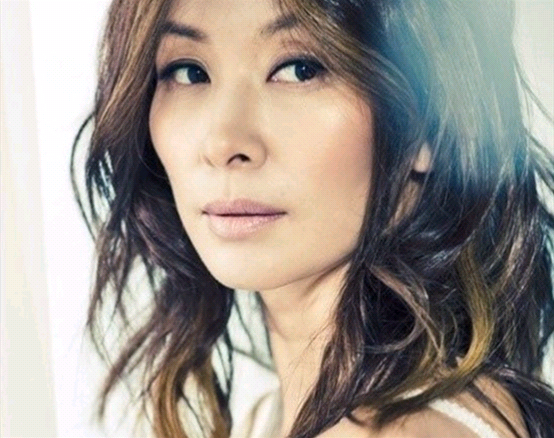LEE Mi-sook, born in 1959, entered the show business in 1978 when she won the Popularity Award of Miss Lotte beauty pageant, losing first place only to one WON Mi-kyung. This wouldn’t be the last time that she would be pit against WON, as the two became the most popular actresses of the 80s, dominating both television and the silver screen. Soon after the beauty contest, LEE joined TV network TBC (later resurrected as JTBC) as an actor and made her debut in 1979 with the s...
More
LEE Mi-sook, born in 1959, entered the show business in 1978 when she won the Popularity Award of Miss Lotte beauty pageant, losing first place only to one WON Mi-kyung. This wouldn’t be the last time that she would be pit against WON, as the two became the most popular actresses of the 80s, dominating both television and the silver screen. Soon after the beauty contest, LEE joined TV network TBC (later resurrected as JTBC) as an actor and made her debut in 1979 with the soap opera <Mapo Harbor>. Later that year, she was cast as the female lead of romantic drama film <Thoughtless Mo-Mo>, marking her first appearance in theaters. In 1981, following the merging of TBC with public broadcaster KBS, she moved to another other public network, MBC, where she gained notoriety appearing in various family soap operas and period piece series. It is however her casting as the title role of <Women's History - Hwang Jin-yi> in 1982 that helped her take the lead over her rival WON, who was at the time embroiled in her own scandal that would dramatically affect her television career. LEE hit it big in 1984 thanks to BAE Chang-ho’s road-movie <Whale Hunting>, which quickly turned into a generational sensation and came second only to <E.T. the Extra-Terrestrial> (1982) in the Korean box office that year. In the movie, she portrayed a mute woman rescued from the red light district by a marginalized student and a vagabond, the latter of which was played by AHN Sung-ki. Later that same year, she reunited with both BAE and AHN for another big hit, the war drama <The Winter That Year Was Warm> (1984), and won for this performance the top honor of Best Actress at the Grand Bell Awards, the Baeksang Arts Awards and the Korean Association of Film Critics’ Awards. She widened her acting range by taking the lead of the folksy erotic historical drama <Mulberry> (1986), from LEE Doo-yong, which allowed her to add to her collection the Best Actress award from the Asia-Pacific Film Festival and another one bestowed by the Korean film critics. She is also well remembered for her striking performances in two other movies released that year, <Winter Wanderer> and LEE Doo-yong’s <The Eunuch>. After winning again the acting award at the Asia-Pacific Film Festival for <Love Triangle> (1987), she decided to take a step back to get married and start a family, even though she kept starring regularly in a number of TV series. She eventually came back ten years later in a most impressive fashion with a much praised performance E J-yong’s critically-acclaimed melodrama <An Affair> (1998), earning Best Acting at the Chunsa Film Festival. Her following movies went mostly unnoticed, though, and she had to wait her second collaboration with E J-yong on <Untold Scandal> (2003), a 18th-century Korea-set take on the novel “Les Liaisons dangereuses”, to renew with commercial success. With her role as a single mother in <…ing> (2003) or her portrayal of a woman in her forties with an active sex life facing menopause in <Hellcats> (2007), she started conveying the image of an independent woman that resonated with many middle-aged women. When E J-yong gathered famous actresses of different generations to play themselves in his improvised mockumentary <The Actresses> (2009), he naturally thought of inviting LEE. Although she was offered fewer film roles in the last decade, with her last being <The Exclusive : Beat the Devil’s Tattoo> (2015), she has remained active on television, with new series every year.
Less






